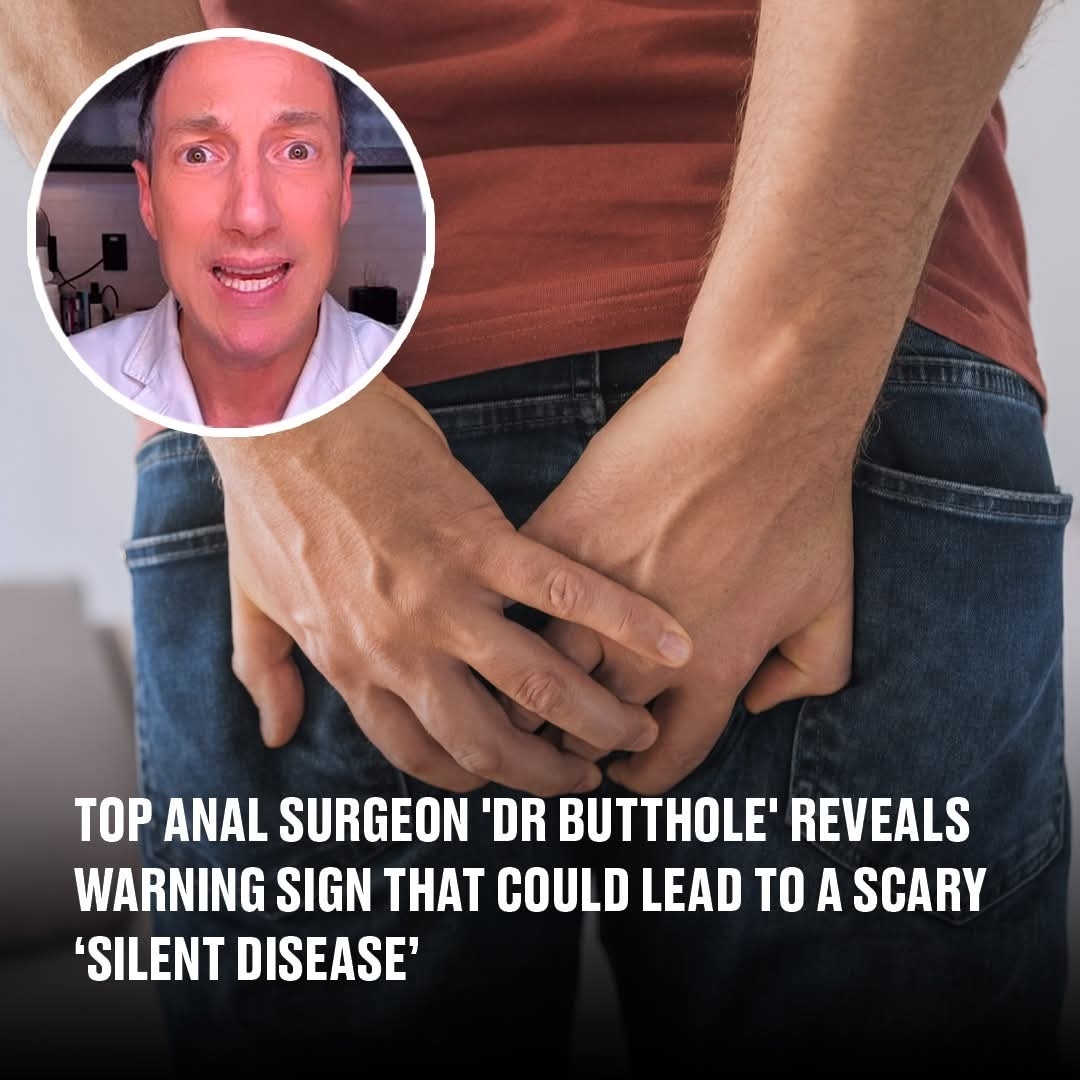Dr. Butthole's Viral Warning: The HPV Link to Anal Cancer You Can’t Ignore
When a doctor goes by the name "Dr. Butthole", you know the conversation isn’t going to be your average health chat. But behind the humorous alias is a serious message: genital warts caused by HPV (human papillomavirus) could be a red flag for anal cancer—and it’s time to stop ignoring the signs.
The HPV-Cancer Connection
HPV is the most common sexually transmitted infection, with many strains being harmless. But high-risk types, like HPV-16 and HPV-18, can lead to cancers of the cervix, throat, and—yes—the anus. Dr. Evan Goldstein (aka Dr. Butthole), a rectal surgeon, recently went viral for stressing that genital warts (often caused by low-risk HPV) can be a visual clue that higher-risk strains might also be present.
Why This Matters
Anal cancer is rare but rising, with cases increasing by about 2.7% per year in the U.S. Many dismiss symptoms like itching, bleeding, or unusual lumps as hemorrhoids or irritation. But early detection is crucial—when caught early, the 5-year survival rate is over 80%.
What You Can Do
- Get Vaccinated: The HPV vaccine (Gardasil) protects against cancer-causing strains and is recommended for teens and adults up to age 45.
- Screenings: If you have genital warts or persistent anal symptoms, ask about HPV testing or an anal Pap smear.
- Safe Sex: Condoms reduce but don’t eliminate HPV risk—vaccination is key.
Breaking the Stigma
Dr. Butthole’s blunt approach isn’t just for laughs—it’s a push to normalize conversations about anal health. "People would rather talk about anything else," he says. But with HPV-linked cancers on the rise, silence isn’t an option.




Comments
Post a Comment